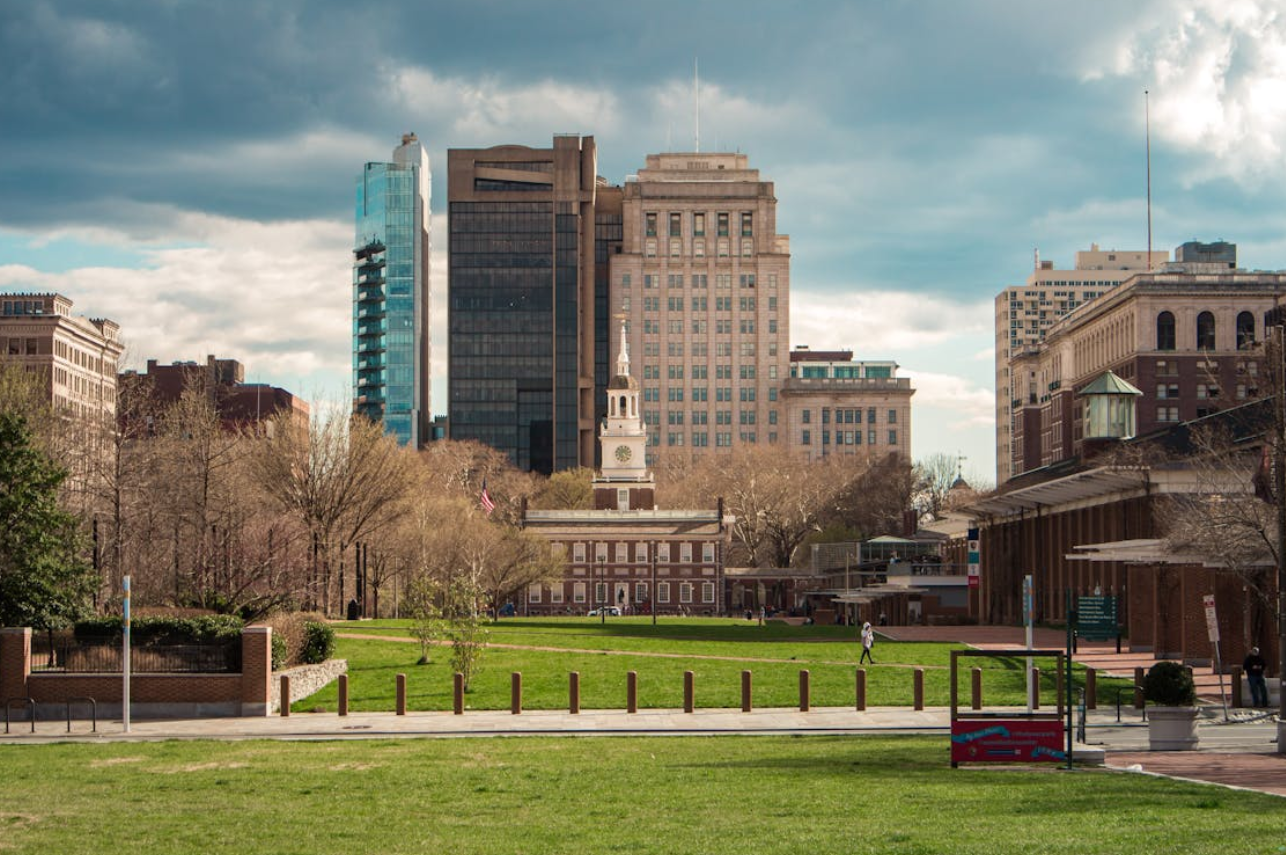
Pennsylvania is renowned for its picturesque landscapes, vibrant culture, and rich history. This state is famous because of the 4% lower cost of living than the national average among families. Moreover, housing also costs a whopping 17% less.
As a result, the population has grown at a 1.54% rate since 2019. Today, this 44,729.9-square-mile state has over 13 million residents.
This consistent rise in Pennsylvania citizens led to a severe housing problem (ranking #23). Issues range from lack of plumbing facilities and security challenges to overcrowding, cost burden, and more.
Thankfully, a few technological upgrades can help solve them. In this blog post, we’ll discuss a few technological advancements Pennsylvanians should look into for residential buildings.
Statistics suggest that residential and commercial buildings account for 36% of the total carbon emissions in America. The former represents over half of that amount.
In the Keystone State, 11% of the GHG pollution came from burning fossil fuels to heat residential homes. This proves that natural gas (used for cooking and heating) produces the highest carbon emissions. Similarly, the state emitted about 258 million metric tons of CO2 in 2021.
As a solution to mitigate these emissions, industry leaders introduced unique carbon capture techniques. These post-combustion applications incorporated sustainable practices by minimizing exposure to targeted carbon taxes.
Such CCS applications contribute to reducing carbon emissions from residential buildings through advanced practices. This technology can capture CO2 from boilers and HVAC systems directly from the atmosphere inside residential buildings.
According to Atoco, the benefits of this carbon capture technology include the following:
Apart from this, there are other ways to reduce carbon emissions at home. Examples include using renewable energy, buying green tags, adjusting thermostats, installing solar lights, etc.
Statistics suggest that Pennsylvania ranks #34 on the violent crime list in America. Moreover, it ranks even lower in property crime, standing at #40. There are usually 148 burglaries and 1,171 larceny thefts among 100,000 residents.
In May 2024, nine people were charged with running a burglary ring. This group targeted high-end homes in the Philadelphia suburbs. That’s why all residential buildings in the Keystone State should have advanced security systems.
These include the following:
According to CNET, brands like SimpliSafe, Vivint Smart Home, Abode Wireless Smart Security Kit, Comcast Xfinity Home, and Arlo Home Security System are great options. The prices usually range between USD 160 and USD 500 based on the features.
When choosing an advanced security system, remember to check for the following features:
Reports suggest that the energy bills in Pennsylvania are going up. For instance, electricity prices have increased by 28.12% between 2020 and 2024. Today, the average electric bill is USD 136.17 in the Keystone State, making it higher than the national average.
Thankfully, residents can save money by going solar. As of December 2023, 29,000 solar panel systems were installed in residential buildings with a total capacity of 158 MW.
All residential buildings in the state should use solar energy because of the following benefits:
A few disadvantages include higher upfront costs, relocation issues, and space constraints. Even though this state witnesses 179 sunny days (lower than the national average), it shouldn’t interfere with solar energy production.
News reports have highlighted that a new bill will pass that will make solar energy development more expensive in the Keystone State. This initiative by the state House will guarantee that solar companies eventually focus on project clean-ups.
All in all, Pennsylvania is a great place to reside. It’s all thanks to the vibrant emerging community, cultural activities, and welcoming people. Many believe that this state is an affordable, dynamic, and diverse place to raise a family.
However, it can be better for residents, especially when technological upgrades are added to their homes. Examples include solar panel installation and advanced security systems. These will help reduce utility bills and secure personal assets.
Carbon capture technologies can also help. With these, Pennsylvanians can benefit from a sustainable and eco-friendly lifestyle.